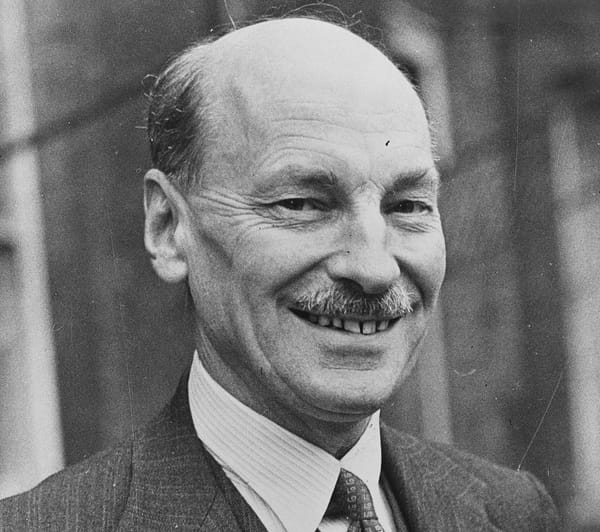The Second World War is often remembered as a time of broad-based solidarity across the English-speaking world; of everyone doing their bit and pulling together, from the small boats at Dunkirk to the Rosie the Riveters stepping up in the factories. The reality was more complicated. As George Orwell wrote in 1941, at the height of the Blitz: “All talk of ‘equality of sacrifice’ is nonsense. The bombed-out populations of the East End go hungry and homeless while wealthier victims simply step into their cars and flee to comfortable country houses. Everywhere privilege is squandering good will.” The experience of the war could be quite different depending on who you were or where you lived.
That Britain came to remember the Second World War as a unifying experience rather than a bitter waste of life like the previous World War is due in large part to what happened after the war ended: the creation of the modern welfare state at home and the withdrawal from empire abroad. The man who deserves most of the credit for those achievements is Clement Attlee, the leader of the Labour party, who served as prime minister from 1945 to 1951. Those who wish to see the United States adopt a more restrained foreign policy while making transformative investments in an expanded social safety net have much to learn from him.
